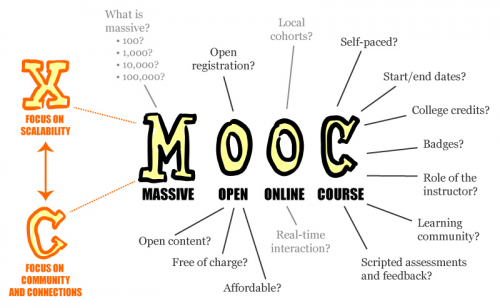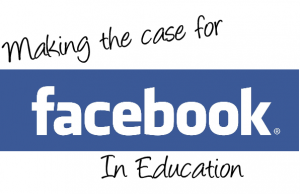Facebook-Led Project Aims To Improve Education For The Developing Countries
As Mark Zuckerberg announced onstage at this year’s Mobile World Congress, Facebook has taken on the mission of showing us that social media empowered education can make a difference for the poorest nations of the globe. As a consequence, the social network partnered up with Ivy League and launched an experimental software that provides internet access and world-class instructional resources to the students of Rwanda.
The Massive Open Online Courses (MOOC) are not new
What started out as small number of streamed video lectures from top universities a few years ago quickly ramped up to become a central part of the college courses. In the US, where they enjoy a great deal of popularity, the MOOCs are available in the form of online courses that amass thousands of students and as blended courses. In the latter form, students can watch video lectures of renowned professors, an aspect that permits teachers to free up class time for direct student engagement and hands-on learning.
While the MOOCs work extremely well in the US, neither Facebook nor its partners have established how the project will play out in Rwanda. In all fairness, even the prestigious US universities have obtained mixed results with MOOCs and had to admit that the programs work best for highly motivated students. As far as the Rwanda educational project is concerned, the initiators hope to offer a robust mobile experience with social tools, at the very least. Then again, maybe they prefer to listen for now and will tell us more after they sorted out the details.
The initiative faces some challenges
Truth be told, providing free data access and affordable smartphones is no small feat. On the other hand, what works in the US will not necessarily work for developing countries, particularly when the project’s promoters can’t tell whether the students in Rwanda respond well to this style of learning. Moreover, while Facebook insists on the mobile and social connectivity of the project, they have yet to reveal how they intend to integrate this aspect into an educational scheme.
African students are more motivated to learn
Despite all difficulties, MOOCs in Africa enjoy a great popularity and the French-language courses even saw an impressive 95% completion rate. It appears that African students are more eager to learn and are not haunted by the self-motivation conundrum seen in the rest of the world. While you could argue that a considerable number of students in the US are also taking courses in their spare time, you have to agree this is a good sign.
Educating the masses will be an uphill climb
In spite of the fact that MOOCs didn’t provide conclusive results, even in parts of the world where students have access to educational resources, I believe the project has some potential. Objectively speaking, granting students access to an ocean of resources online can unearth talented brilliant and individuals whose potential would have remained unknown in the absence of this opportunity.
Nevertheless, considering that each student will be able to complete the assignments at his own pace, it is also safe to assume that educating the masses is not realistically achievable. Then again, Facebook gets an A for the initiative.


